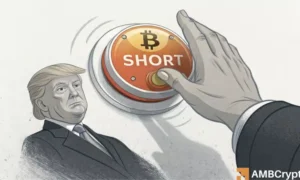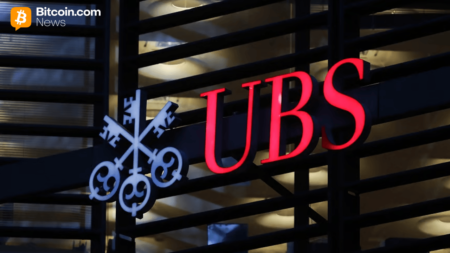XRP Ledger Powers $130 Million Breakthrough in Brazil’s Private Credit Markets
In a significant advancement for Brazil’s financial landscape, the XRP Ledger has facilitated a groundbreaking $130 million in private credit financing. This development marks a pivotal shift towards real-time, transparent credit transactions powered by blockchain technology. With over $500 million more in financing queued, the transformation of Brazil’s credit markets into a tokenized, efficient system is gaining momentum.
The Role of XRP Ledger in Private Credit
The XRP Ledger, renowned for its speed and efficiency, plays a crucial role in this evolving credit landscape. By streamlining the lending process, it enables real-time transactions and transparent record-keeping. Traditional credit markets often suffer from delay and a lack of transparency; however, the adoption of blockchain allows for rapid verification and execution of credit agreements. As a result, borrowers and lenders experience improved trust and reduced risk, which are essential for cultivating a healthy financial ecosystem.
Tokenized Finance Takes Center Stage
As the demand for innovative financing solutions rises, tokenized finance is becoming a focal point in the Brazilian market. The $130 million private credit facility is just the beginning, as an additional $500 million sits in the pipeline, awaiting tokenization. This preemptive move positions Brazil as a leader in the adoption of decentralized finance (DeFi) within Latin America. The shift towards tokenization not only optimizes the investment process but also allows for fractional ownership, making credit more accessible to a broader audience.
Enhanced Transparency and Efficiency
The integration of the XRP Ledger in credit transactions enhances both transparency and efficiency. By utilizing decentralized technologies, all transactions are recorded in an immutable ledger, providing stakeholders with a clear view of their investments. This transparency minimizes opportunities for fraud, thus attracting more institutional investors. Furthermore, the efficiency of blockchain technology reduces transaction costs, benefiting both borrowers and lenders, and facilitating a more competitive credit market.
Implications for the Broader Financial Landscape
The success of this blockchain-backed credit infrastructure in Brazil could create rippling effects throughout the region. Other countries may look to replicate this model, potentially catalyzing a broader shift towards blockchain solutions in financial services. This trend may lead to enhanced financial inclusion, as underbanked and unbanked populations gain better access to credit. With XRP leading the way, the implications for the private credit sector are profound, signaling a future where traditional financial barriers continue to dissolve.
Conclusion: A Bright Future for Blockchain in Credit Markets
In conclusion, the XRP Ledger’s pivotal role in facilitating $130 million in breakthrough private credit financing in Brazil underscores the transformative potential of blockchain technology in financial markets. As over $500 million more awaits tokenization, the implications for transparency, efficiency, and inclusivity are immense. With these advancements, Brazil is setting a precedent for the future of credit markets, fostering a digital economy that is resilient and accessible to all. As private credit gains traction through these innovations, we can expect further developments on the horizon in both Brazil and beyond.

















